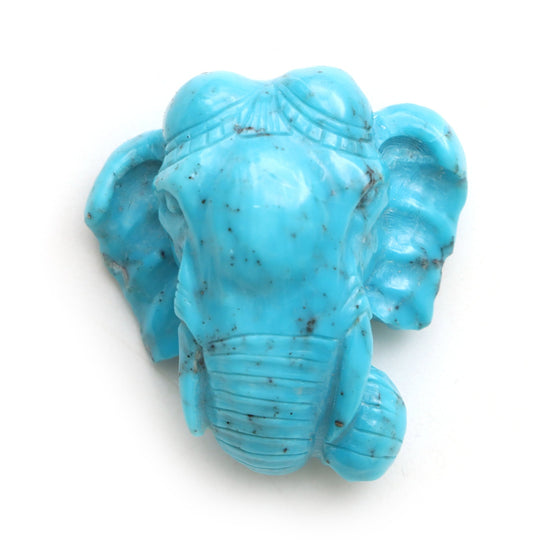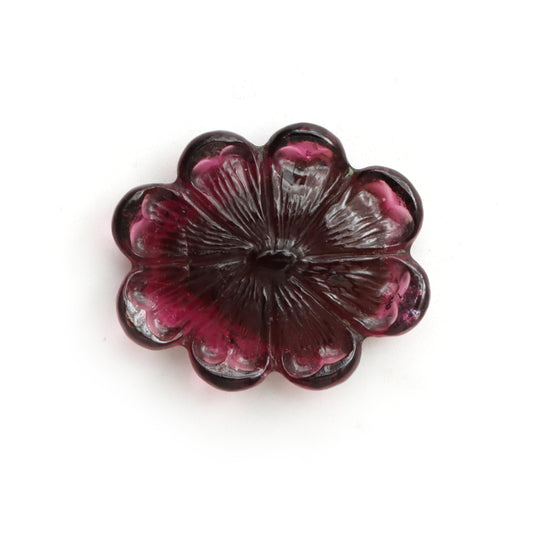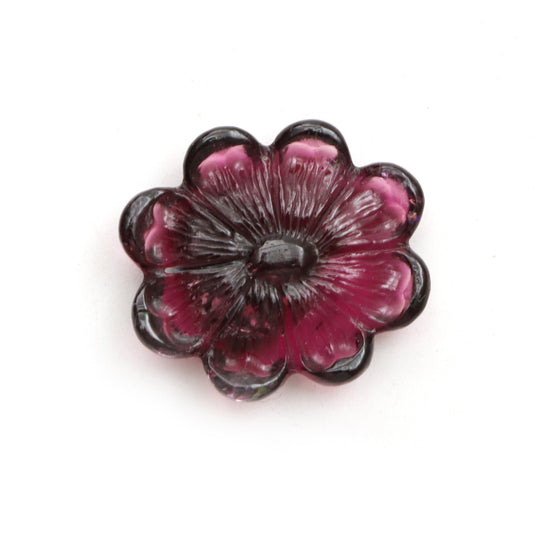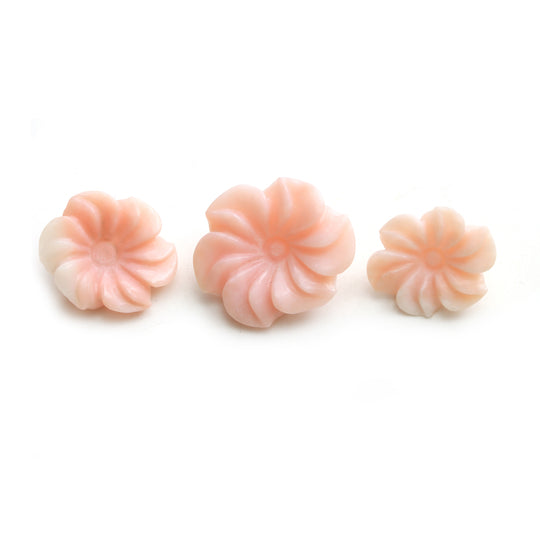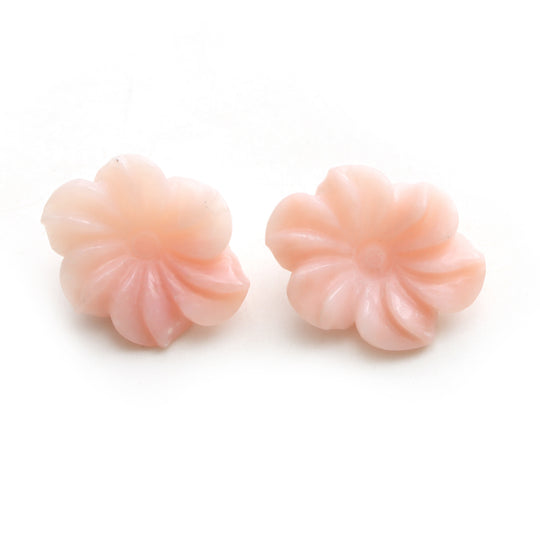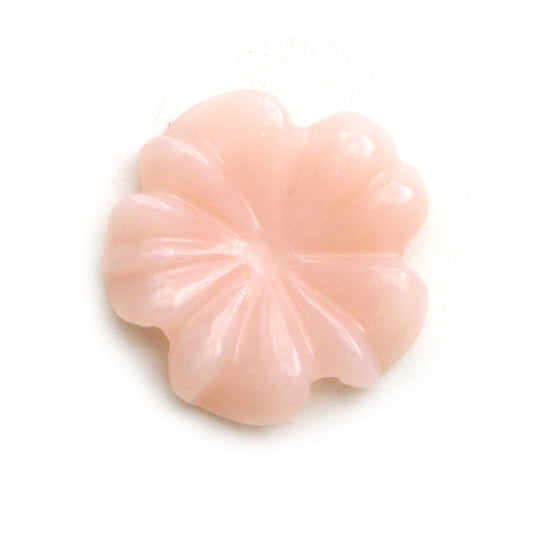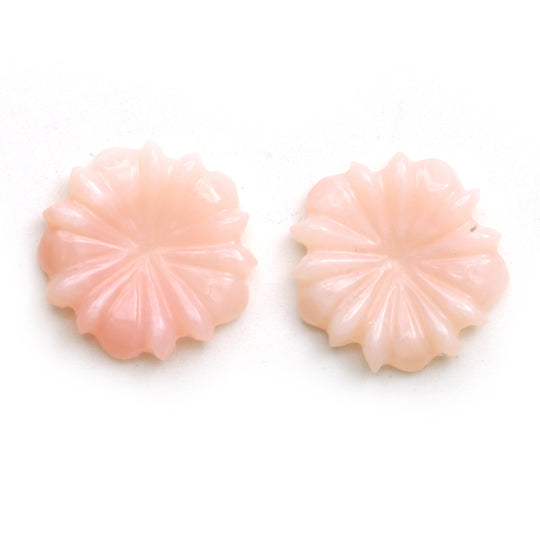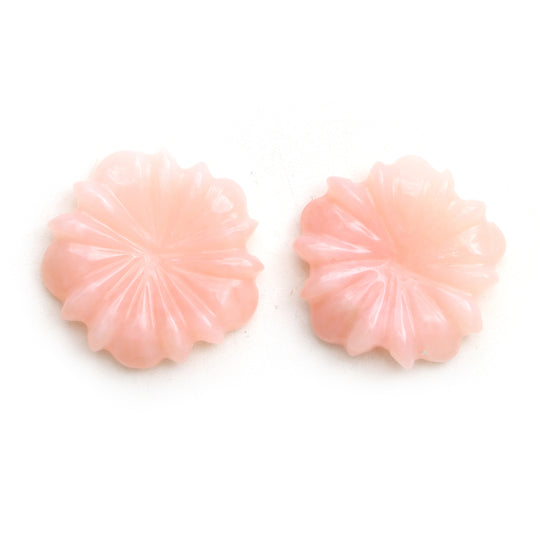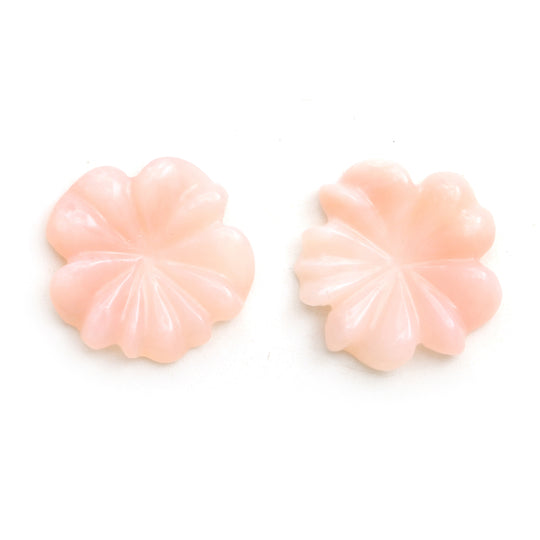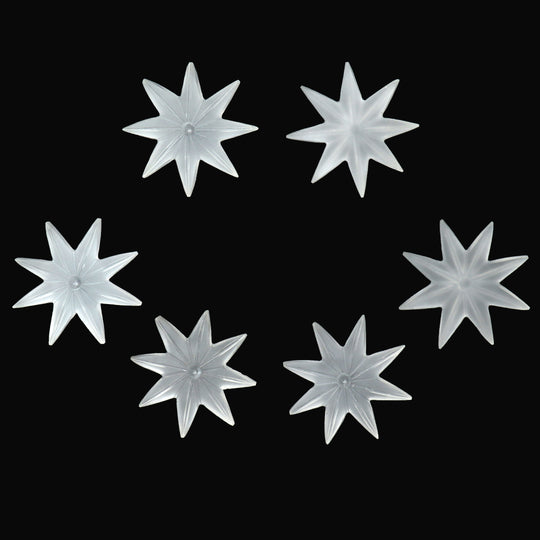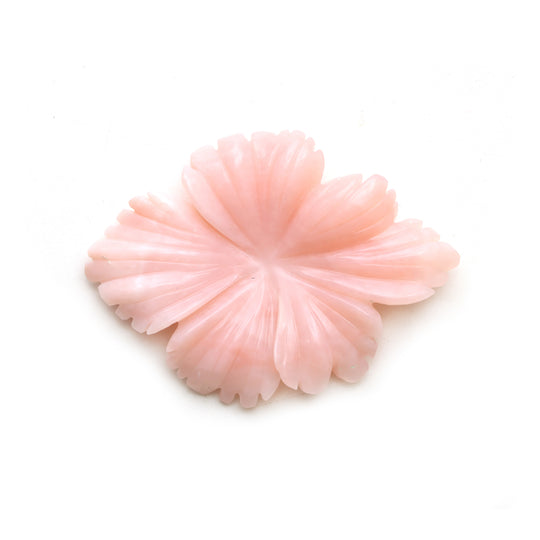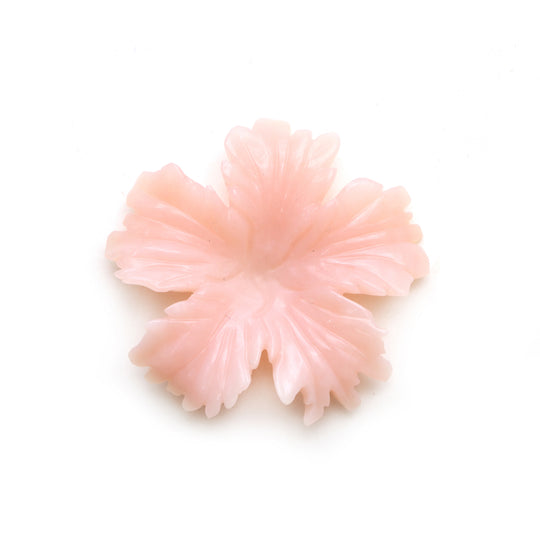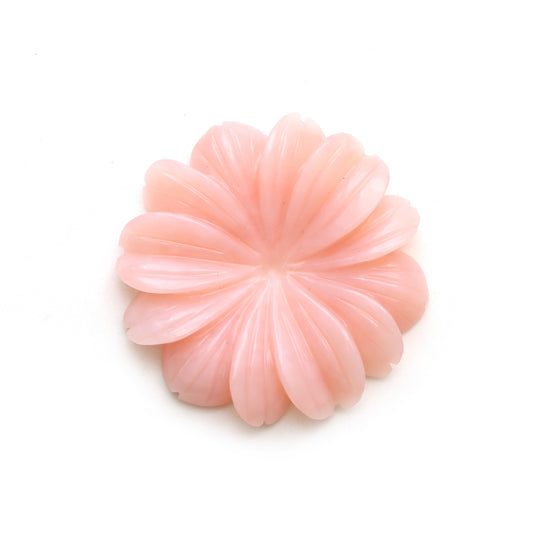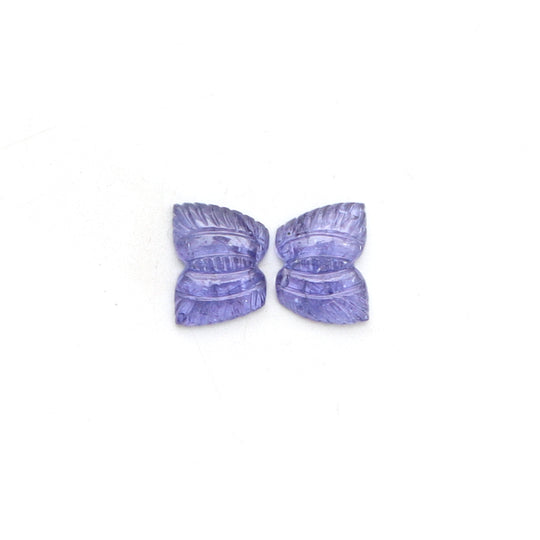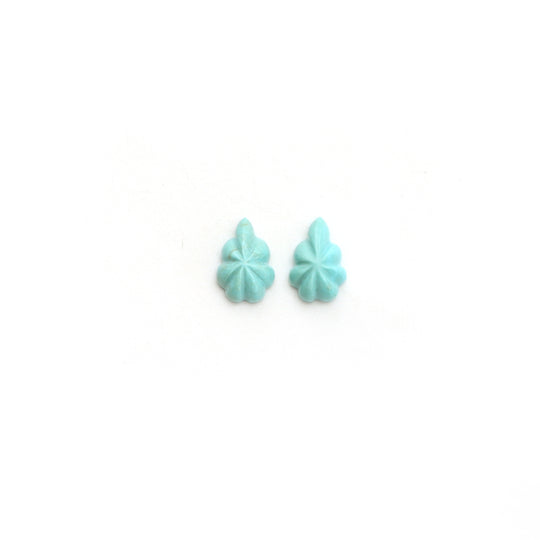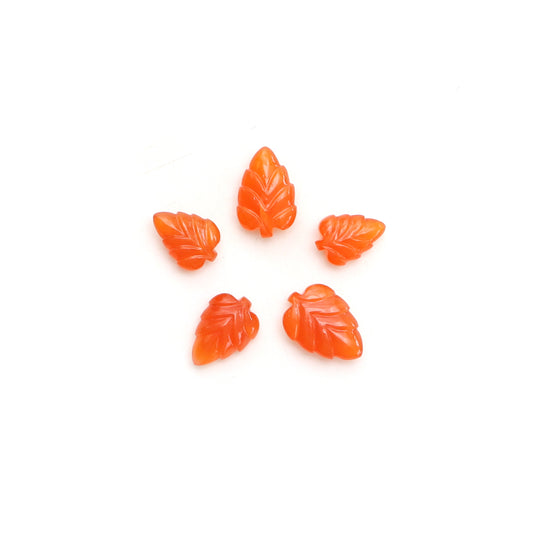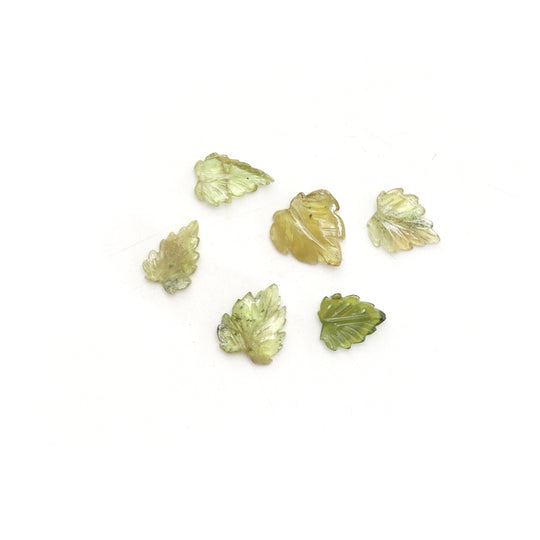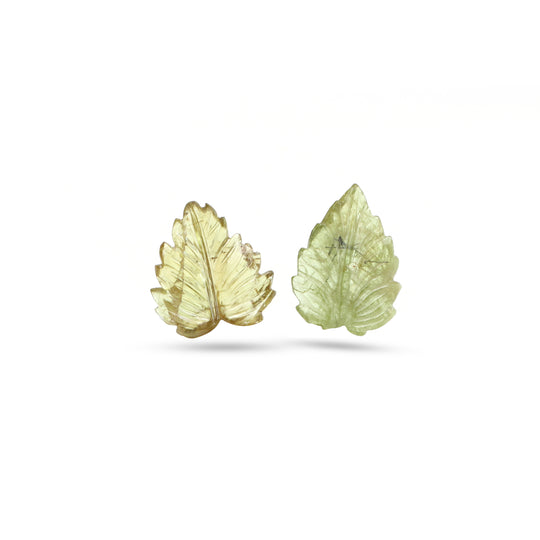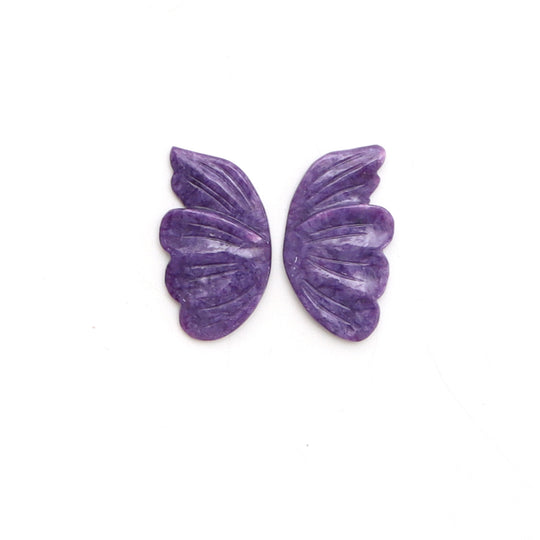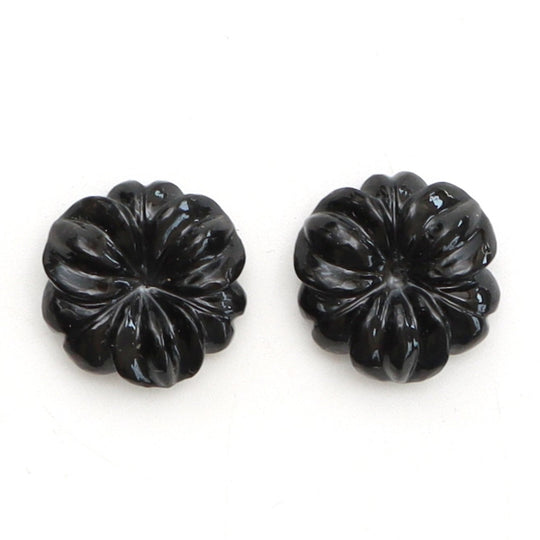Gemstone Carvings
Today's gem carvers continue to use the age-old method of carving gems to produce exquisite jewels that are precious.
Gemstone carving has a long and rich history; it first appeared in ancient China, flourished in South Asia under the Mughals, and is popular now. Through auction houses, museums, high-end jewelry brands, and designers, the stories of carved gems are recounted every season.
Gemstone Carvings
National Facets
$254.00
$274.00
National Facets
$1,019.00
$1,100.00
National Facets
$262.00
$283.00
National Facets
$162.00
$175.00
National Facets
$729.00
$787.00
National Facets
$631.00
$682.00
National Facets
$1,572.00
$1,698.00
National Facets
$1,496.00
$1,616.00
National Facets
$649.00
$701.00
National Facets
$290.00
$313.00
National Facets
$115.00
$124.00
National Facets
$188.00
$203.00
National Facets
$196.00
$212.00
National Facets
$178.00
$192.00
National Facets
$433.00
$468.00
National Facets
$439.00
$474.00
National Facets
$437.00
$472.00
National Facets
$3,772.00
$4,073.00
National Facets
$545.00
$589.00
National Facets
$3,117.00
$3,366.00
National Facets
$5,761.00
$6,222.00
National Facets
$1,123.00
$1,213.00
National Facets
$715.00
$772.00
National Facets
$949.00
$1,025.00
National Facets
$629.00
$679.00
National Facets
$178.00
$192.00
National Facets
$464.00
$501.00
National Facets
$386.00
$417.00
National Facets
$415.00
$448.00
National Facets
$398.00
$430.00
- ←
- →
What are gemstone carvings?
Carving is the most challenging lapidary art. In the field, there are few acknowledged authorities. You do need a unique creative sensibility and a solid comprehension of lapidary concepts to succeed at gem carving. There are clear limitations to what can be carved in gem material more so than in wood or metal.
The Greek word "Glyptos," which means to carve, derives from the term "glyphography." Glyptography, a form of gemstone carving used in jewelry, includes both cameos and intaglios. It is the term for the practice of carving or engraving gemstones. It is a timeless craft that goes back to the Sumerian, Babylonian, and Assyrian eras when seals and amulets were made. Ancient Greece was the birthplace of stone engraving, which flourished in ancient Rome.
The lowest-quality gem material is typically used for carvings and beads, top-grade material is used for faceting, and medium-grade material is transformed into cabochons.
However, sales of antique jewelry from the Mughal and Art Deco eras, when exceptional materials were used for carvings by Cartier, Van Cleef & Arpels, and Mauboussin, have suggested a rising market for great examples.
Types of Gemstone Carvings?
Gem carving comes in a variety of styles. Cameo is among the most well-known kinds. Gem carvers typically carve them out of agate or sea shells. Any material, however, might be used. And cabochons are frequently carved. It is referred to as an intaglio or relief carving if the pattern is carved onto the top of a cab. When a design is carved on the reverse, it is called a reverse intaglio. Some carvings are not intended for use as jewelry.
These standalone carvings were created by carvers purely for aesthetic reasons.
Are National Facets Best Gemstone Carving?
Each piece created by National Facets, which uses precious and semi-precious stones, is magnificent and closely linked to a time-honored artistic vision. Our award-winning craftsmen use valuable and exotic gems that come from mines in more than fifty different countries as their "canvas" to highlight the unique qualities of these gifts from nature.
The divine iconographies that serve as the subjects of this traditional Indian art style are surrounded by ethnic geometric patterns and flower adornments.
Each carving of a gemstone has a rare combination of toughness and delicacy, as well as polish, brilliance, and sharpness that has never been seen before.
Check out the National Facets - The best Beads Wholesaler webpage. Discover the world of exquisite Indian workmanship through spectacular signio paintings, statement jewelry, and exquisite gemstone carvings.
Wholesale Gemstone Carvings in the USA
Gemstone carvings are for sale in the USA.
You can browse our National Facets website right away to check out our collection of exclusive hand-carved gemstones and take advantage of our excellent offers.
.
We are a bulk provider of amethyst fluorite unicorn carving crystals, healing crystal animal carvings, gemstone bird carvings, carved gemstones, and cabochons. You can get great deals on wholesale gemstone carvings and carved gemstone beads.
Skilled carvers manually carved these jewel carvings.
We offer a wide variety of carvings and use a variety of semi-precious gemstone resources.
We frequently carve our unique pieces out of our own hand-picked gem rough. A number of our carvers are also hired by us to work on softer materials, including serpentine, aventurine, and malachite. The carvings of gemstones seen here are only a small sample of our ever-evolving inventory. Send us an email if you collect carvings with a specific theme or made of a particular gemstone, and we will send you images of what we have.
Frequently Asked Questions
Q: What is used to carve stones?
A: Stone carving is the process of carefully shaping rough natural stone by removing and molding it into pieces. Tools for rough shaping stone to create a block the right size for carving These consist of pitching tools, feathers, and wedges. Chisels for cutting include pitching tools, points, and lettering chisels. Chisels can also be operated pneumatically or by hand using a hammer.
Q: Which shape is best for a gemstone?
A: The current most popular cut is the round cut, commonly referred to as the round brilliant cut. The facets are shaped to enhance light dispersion within a stone; this cut was traditionally reserved only for diamonds.
Q: What is the weakest gemstone?
A: Talc, gypsum, calcite, and fluorite are among the softest or weakest gemstones.
It is commonly accepted that gemstones with a Mohs hardness of 7 or above are ideal for rings and jewelry, whereas those with a hardness of 7 or less 7 are considered to be the softest or weakest stones.
Q: Which gem is the most difficult?
A: The world's hardest naturally occurring material is diamond, with a Mohs hardness scale of 10. It is, however, also fragile. Hardness is a factor in determining a gemstone's overall wearability grade.
Q: What is the rarest stone?
A: According to the Guinness Book of World Records, painite was the world's rare gemstone and the rarest mineral in 2005. The color can range from pink to reddish to even brown, but in particular circumstances, it might even appear green. There were just 2 specimens of Painite known to exist when it was discovered in 1951, and this continued for many years. As of 2004, less than two dozen gemstones were known.
Q: What are the four most prized stones?
A: Diamonds, sapphires, emeralds, and rubies are the four most prized and sought-after precious gemstones in the world.
Diamond: This stone needs no introduction; it is without a doubt the most sought-after of the "big four," which are primarily used in jewelry, and it is a classic choice for engagement rings. The reason why diamonds are the most expensive precious stone is probably that they take millions of years to create and are the strongest naturally occurring material on earth.
Sapphires: These stones are prized for their stunning blue coloring; examples with richer blue hues are more expensive. Although red sapphires are known as rubies, sapphires can be found in all other colors.
Emeralds: Emeralds are renowned for their beautiful green color, which is produced by the element chromium. The deeper the color, the more valuable the emerald. While certain stones are nearly colorless, they can also have blue or yellow undertones. Emeralds are extremely brittle on the outside, which makes it challenging to mold them into jewelry-quality forms.
Ruby: Everyone can recognize a ruby by its stunning, deep red hue. Rubies, which derive from the Latin word for red, are admired for their toughness, durability, and brilliance. Even rarer than diamonds are larger stones. Red ruby is essentially a sapphire, but because of its exquisite color, it is categorized separately.



